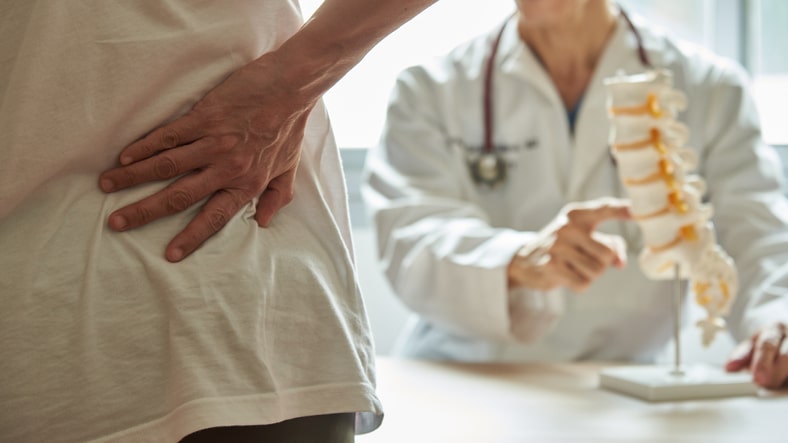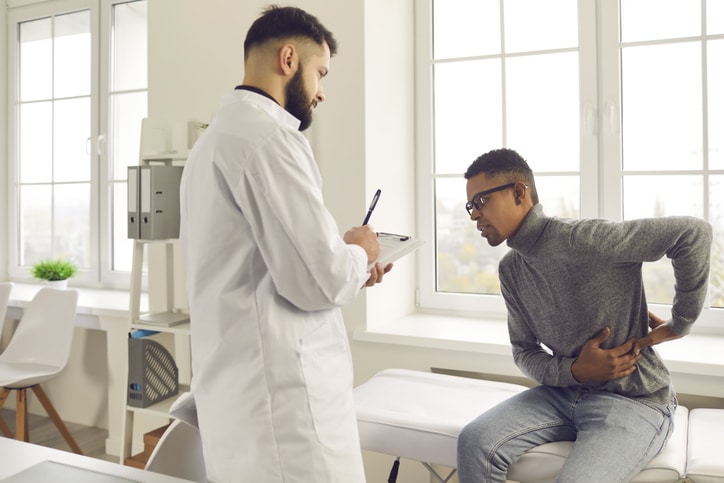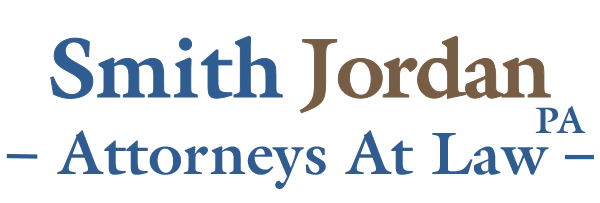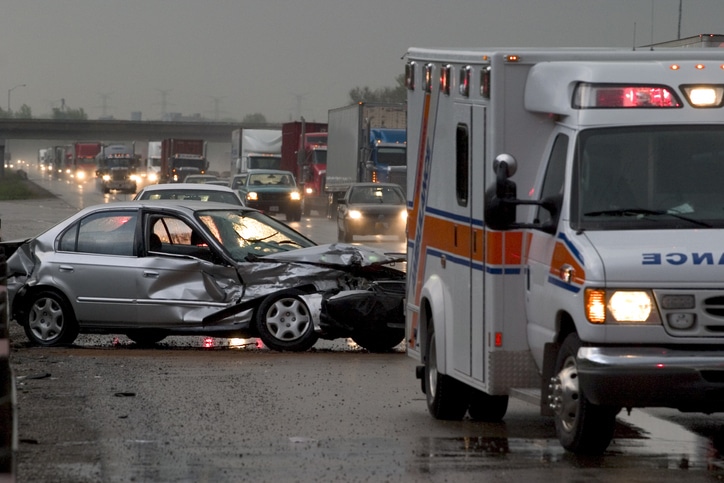Car accidents can cause all sorts of damages including back injuries, which are one of the most common types. According to the National Highway Traffic Safety Administration, more than 2.5 million people are injured in car accidents each year. While some injuries are minor, others can be quite serious. Let’s take a look at some of the most common back injuries sustained in car accidents, and what you can do to recover from them.
1. Whiplash
Whiplash is one of the most frequent types of injuries. Whiplash occurs when the head is suddenly snapped backwards and then forwards, causing the neck muscles and ligaments to stretch beyond their normal range of motion. In severe cases, the spine can be damaged. Symptoms of whiplash include neck pain and stiffness, headaches, dizziness, fatigue, and difficulty concentrating. If you experience any of these symptoms after a car accident, it is important to see a doctor as soon as possible. Early diagnosis and treatment can help to prevent long-term problems. Whiplash can often be treated with a combination of rest, ice, and physical therapy. In more severe cases, surgery may be necessary. With proper treatment, most people with whiplash recover completely within a few months. However, some people may experience long-term back problems as a result of their injury.
Symptoms of whiplash
- Pain and stiffness in the neck and upper back, headaches, dizziness, and reduced range of motion.
2. Soft Tissue Injuries (Back Sprains and Strains)
Back sprains and strains, or soft tissue injuries, are also among the most common injuries that occur as a result of a car accident. These types of injuries occur when the ligaments or muscles in the back are stretched beyond their normal range of motion. The impact of the crash can cause the muscles and ligaments in the back to stretch or tear, resulting in pain, stiffness, or reduced mobility. This can happen when the spine is suddenly forced into an unnatural position, such as when a car is rear-ended. In severe cases, surgery may be required to repair the damage. However, even with less severe injuries, it is important to seek medical treatment as soon as possible since untreated back injuries can lead to chronic pain and disability. These types of injuries can be hard to detect as imaging often doesn’t pick up the damage. It’s important to pay attention to minor, persistent pains that are hard to get rid of as they could be a sign of a more serious injury. Be sure to speak with an experienced physician to work to eliminate any doubts. With proper diagnosis and treatment, however, most people make a full recovery.
3. Herniated Disc
Herniated disc injuries are a type of spinal injury that can occur as a result of a car accident. The discs in your spine act as cushions between the vertebrae, and they are filled with a gel-like substance. A herniated disc occurs when your discs rupture, or herniate, and this gel leaks out and puts pressure on the spinal cord or nerves. This can occur when there is a sudden impact on the body as is the case during a car accident. When a herniated disc is present, it can cause severe pain as well as numbness or weakness in the extremities. In some cases, surgery may be required to correct the problem. However, many people are able to find relief through physical therapy and other nonsurgical treatments. If you suspect that you have a herniated disc, it is important to see a doctor promptly so that you can receive treatment. There are several options for treating a herniated disc, and the sooner you seek treatment, the better your chances of making a full recovery

4. Spinal Fractures
Spinal fractures are serious injuries that can have lifelong consequences. They most commonly occur as a result of car accidents, and can cause paralysis, chronic pain, and disability. In severe cases, it can even be fatal. There are four different types of spinal fractures:
- Burst fractures occur when the vertebrae break into multiple pieces.
- Flexion fractures happen when the vertebrae buckle under pressure.
- Compression fractures are the most common type of spinal fracture, which occurs when the vertebrae are crushed. This can happen if the driver or passenger is slammed against the seatbelt or dashboard.
- Fracture-dislocations occur when the vertebrae are pulled apart and separate from the spine. This can happen if the driver or passenger is thrown from the vehicle.
Spinal fractures can be extremely painful and require immediate medical attention. Treatment for spinal fractures depends on the severity of the injury, but may include surgery, bracing, and rehabilitation. If you have been in a car accident, it is important to see a doctor right away to check for any spinal fractures.
5. Spondylolisthesis
Spondylolisthesis is a condition in which one of the vertebrae in the spine slips out of place. When the spine is jarred or snapped in an accident, it can cause one of the vertebrae to slip out of position. In some cases, this can lead to paralysis or other serious injuries. Symptoms of spondylolisthesis include pain in the lower back and legs, numbness or tingling in the legs, and weakness in the legs. If the condition is severe, it can also cause problems with bowel or bladder control. Treatment for spondylolisthesis typically includes pain medication, physical therapy, and exercises to strengthen the muscles in the back. In some cases, surgery may be necessary to correct the problem. If you have been in a car accident, it is important to seek medical attention right away to determine if you have any spinal damage. Spondylolisthesis can be treated with surgery, but it is important to catch it early to prevent further damage to the spine.

6. Spinal Cord Injuries
Spinal cord injuries are some of the most devastating injuries that a person can suffer. They can result in paralysis, loss of sensation, and even death. When a person is involved in a car accident, their body can be thrown around violently, causing the spine to become dislocated or fractured. In some cases, the force of the impact can actually sever the spinal cord. Even if the cord is not completely severed, it can still sustain damage that leads to paralysis. Victims of spinal cord injuries often require lifelong medical care and assistance. Some may never regain full use of their limbs or body. An injury to the spinal cord can have a profound impact on every aspect of a person’s life, so it is important to get treatment as soon as possible.
7. Degenerative Spinal Disorders
Degenerative spinal disorders are a leading cause of disability and pain in the United States. A recent car accident can cause these disorders and the symptoms may not present themselves for years after the accident. The most common degenerative spinal disorder that can be caused by a car accident is cervical spondylosis, which is caused by the wearing down of the cartilage between the vertebrae in the neck. This can lead to pain, stiffness, and loss of mobility in the neck. Degenerative spinal disorders can also cause herniated discs, which can be very painful. In severe cases, degenerative spinal disorders can lead to paralysis. Symptoms of degenerative spinal disorders include neck pain, back pain, numbness or tingling in the extremities, weakness in the extremities, and problems with balance and coordination. It is important to see a doctor as soon as possible for an evaluation, as early diagnosis and treatment are essential for preventing further damage and pain.
If you have been injured in a car accident, it is important to seek medical attention as soon as possible. You may also want to speak with an experienced personal injury attorney who can help you understand your legal options and protect your rights. Remember, time is of the essence when it comes to personal injury cases–don’t wait too long before seeking legal assistance.
If you or a loved one has suffered a back injury as a result of a car accident, contact Smith Jordan today so we can help you understand your legal options.

